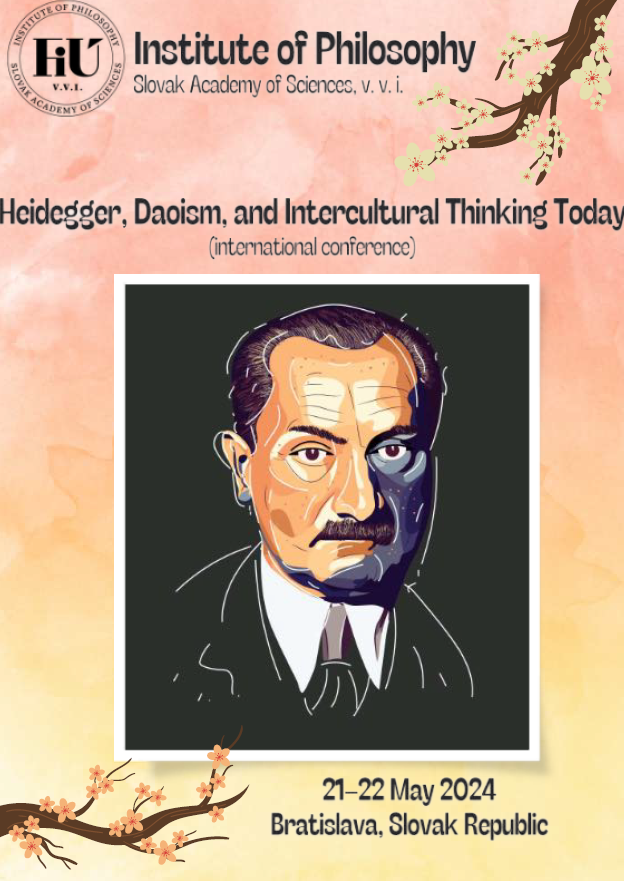Globalizing Critical Theory

Swiss partners
-
Université de Saint-Gall: Michael Festl (main applicant), Christine Abbt
Partners in the MENA region
-
American University of Sharjah, Emirats Arabes Unis: Kurt Mertel (main applicant)
Presentation of the project
Given the multitude of current global crises (political, social, economic, environmental, etc.), the project of a Critical Theory of society has been struck with an urgency that has stimulated a process of self-transformation and renewal. This can be recognized on two fronts: intellectual and institutional. On the one hand, the tradition has become more pluralistic in recent years, embracing a wider ränge of figures and theoretical and methodological approaches- including poststructuralism, pragmatism, post-colonial and gender theory, among others - thereby expanding its “cannon” and the theoretical tools at its disposal. As a result, Critical Theory is gradually becoming
a more inclusive and global enterprise. On the other hand, Critical Theorists have sought to enhance the institutional scope, visibility, and profile of Critical Theory within the academy worldwide and recent political developments within the Middle East/Gulf region indicate a growing openness to inter-cultural philosophical dialogue. For example, the United Arab Emirates recently made a historical Step towards a constructive dialogue with Critical Theory when it offered its most prestigious literary award - the Sheikh Zayed Book Award - to Jürgen Habermas, the Frankfurt School's leading representative. Nevertheless, there remains much room for progress: the necessary critical dialogue with situated forms of theory and praxis emanating from developing regions - especially MENA and Africa - has not yet taken place in earnest due to the lingering Eurocentric biases of some of its predominant theoretical approaches.
This project aims to contribute to the "globalization” of Critical Theory to overcome its lingering Eurocentrism that undermines its ability to make an effective Intervention in the diagnosis and critique of the social dynamics of an increasingly globalized and multi-polar world. While retaining the inter-disciplinary and empirically informed character of the Frankfurt School tradition, the project expands the field of Critical Theory’s “learning process” by engaging with hitherto ignored or marginalized theoretical perspectives, thereby contributing to its continued evolution.
The project fulfilled its main objective at both the intellectual and institutional levels. At the intellectual level, we organized the first international workshop in philosophy between an Emirati and foreign university, bringing together critical theorists from all over the world: North America, Europe, and the MENA region. The workshop focused on the forthcoming book by renowned political theorist Oliver Marchart (University of Vienna) which calls for a renewal of the project of radical democracy and democratic praxis. The papers presented at the workshop, in turn, will be published as pari of a special issue of Studia Philosophica: Journal ofthe Swiss Philosophical
Society. The special issue makes a distinct and substantive contribution to the field by providing the first comprehensive and critical engagement with Marchart’s new book. Professor Mertel also presented two papers related to the project at the Slovak Academy of Sciences and Columbia University’s Global Center in Tunis, respectively. Finally, Prof Mertel and Festl jointly organized and presented papers at a panel at the World Philosophy Congress in Rome on behalf ofthe Swiss Philosophical Society, thereby further enhancing the global reach and impact of our project.
At the institutional level, the principal investigators - Prof. Kurt Mertel and Prof. Michael Festl - completed research stays at their respective partner institutions: Prof. Mertel spent the month of August 2023 as a visiting scholar at the University of St. Gallen - including shorter visits in May and August 2024 - while Prof. Festl was a guest at the American University of Sharjah in late December-early January 2023-24. These visits, in tum, laid the groundwork for formal discussions towards the signing of a Memorandum of Understanding (MOU) between both institutions in order to further consolidate and expand research collaborations and exchanges at various levels (Student, scholars, etc.). In this context, it is worth emphasizing that our project represents the first formal collaboration in Philosophy between an Emirati and foreign institution and, as such, represents a landmark achievement towards the fulfillment of the project’s fundamental aim, viz. the globalization of critical theory and philosophy as such.
Presentation at the International Conference in Bratislava (2024)